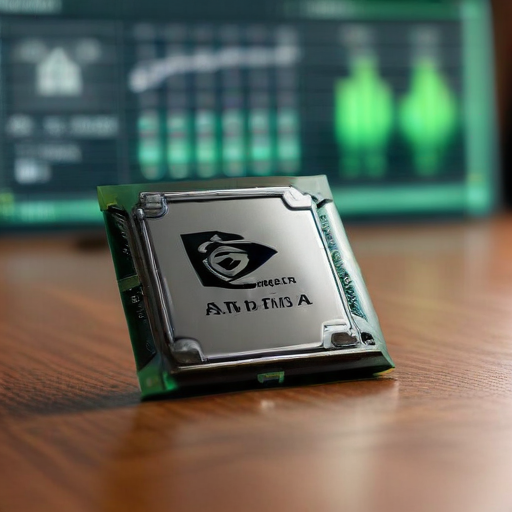As the United States considers implementing stricter trade restrictions to prevent the transfer of advanced chip technology to China, Nvidia, a prominent American chipmaker, is taking proactive measures by developing a version of its cutting-edge artificial intelligence chips that aligns with these regulations. According to reports from Reuters, Nvidia is collaborating with local distributor Inspur to introduce a new chip, tentatively named the “B20,” aimed specifically at the Chinese market. This product is expected to commence shipping by the second quarter of 2025.
Currently, Nvidia offers three chips designed to comply with U.S. export controls, including the H20 chip, which the company has reduced prices for in response to declining sales due to competition with domestic rival Huawei. Nevertheless, reports indicate that the H20’s sales are on the rise, with expectations of over one million units sold in China this year, amounting to roughly $12 billion, despite ongoing trade restrictions. This expected performance is significant when contrasted with Huawei’s anticipated sales figures for its Ascend 910B chip.
However, concerns persist regarding the potential impact of new U.S. trade regulations. Analysts from Jefferies have suggested that the H20 chips could face restrictions during the U.S. annual review of semiconductor export controls scheduled for October. Possible measures could include a product ban, reductions in computing power limits, or restrictions on memory capacity.
Furthermore, there is the possibility that the U.S. may extend its export controls on semiconductors to other countries in the region, such as Malaysia, Indonesia, and Thailand, or impose restrictions on overseas Chinese companies, though the latter may be more challenging to execute.
In summary, Nvidia is adapting to a rapidly changing landscape, developing region-specific products while navigating complex regulatory environments. This ability to innovate while upholding compliance standards could position Nvidia for continued success in the global market despite uncertainties. There is hope that through such adaptations, businesses can find pathways to grow and thrive even amidst challenges.
